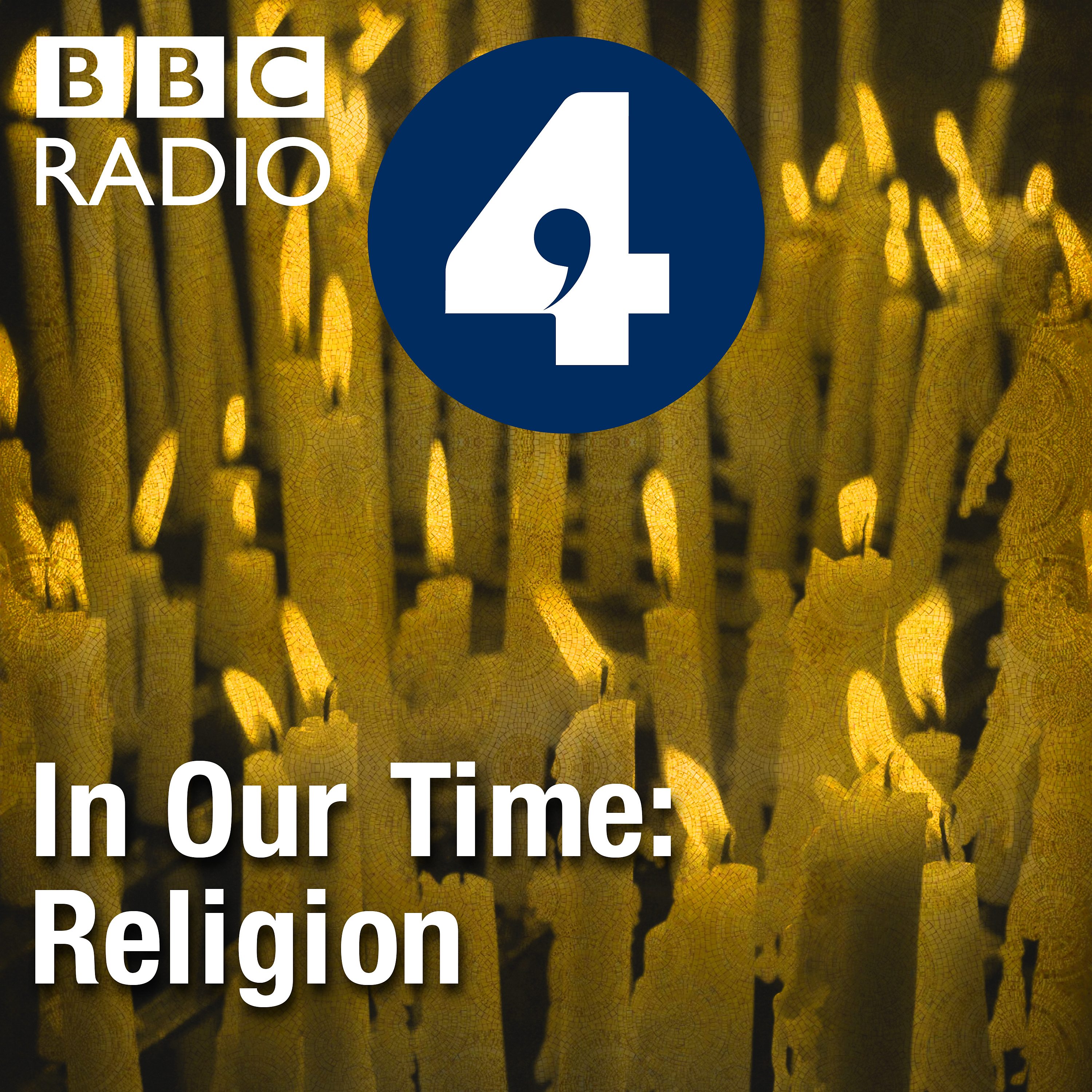Early Christian Martyrdom
Description
Melvyn Bragg and guests discuss the accounts by Eusebius of Caesarea (c260-339 AD) and others of the killings of Christians in the first three centuries after the crucifixion of Jesus. Eusebius was writing in a time of peace, after The Great Persecution that had started with Emperor Diocletian in 303 AD and lasted around eight years. Many died under Diocletian, and their names are not preserved, but those whose deaths are told by Eusebius became especially celebrated and their stories became influential. Through his writings, Eusebius shaped perceptions of what it meant to be a martyr in those years, and what it meant to be a Christian.
The image above is of The Martyrdom of Saint Blandina (1886) at the Church of Saint-Blandine de Lyon, France
With:
Candida Moss
Edward Cadbury Professor of Theology at the University of Birmingham
Kate Cooper
Professor of History at Royal Holloway, University of London
And
James Corke-Webster
Senior Lecturer in Classics, History and Liberal Arts at King’s College London
Producer: Simon Tillotson
More Episodes
Melvyn Bragg and guests discuss the last pagan ruler of the Roman Empire. Fifty years after Constantine the Great converted to Christianity and introduced a policy of tolerating the faith across the empire, Julian (c.331 - 363 AD) aimed to promote paganism instead, branding Constantine the worst...
Published 04/18/24
Published 04/18/24
Melvyn Bragg and guests discuss one of the most influential theologians of the twentieth century. Karl Barth (1886 - 1968) rejected the liberal theology of his time which, he argued, used the Bible and religion to help humans understand themselves rather than prepare them to open themselves to...
Published 01/04/24


